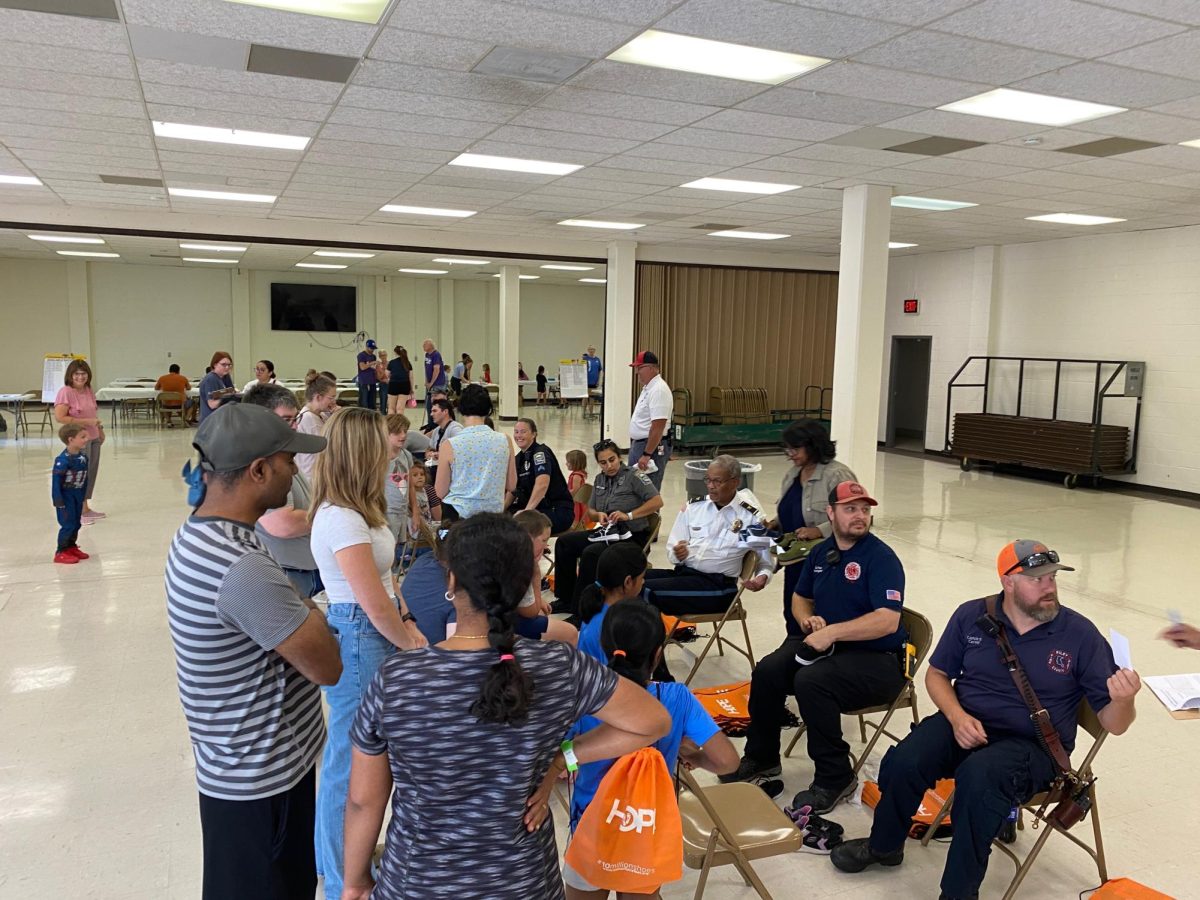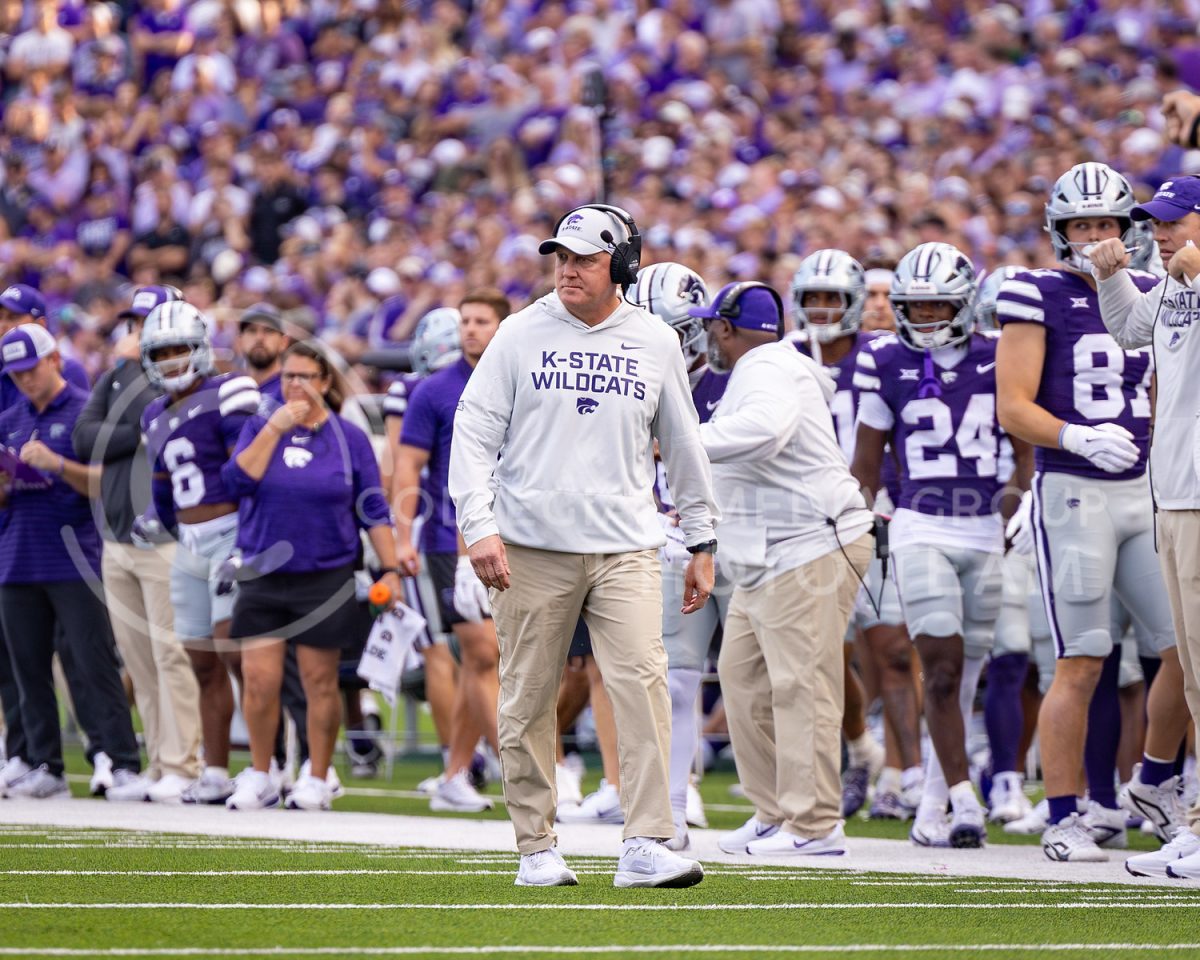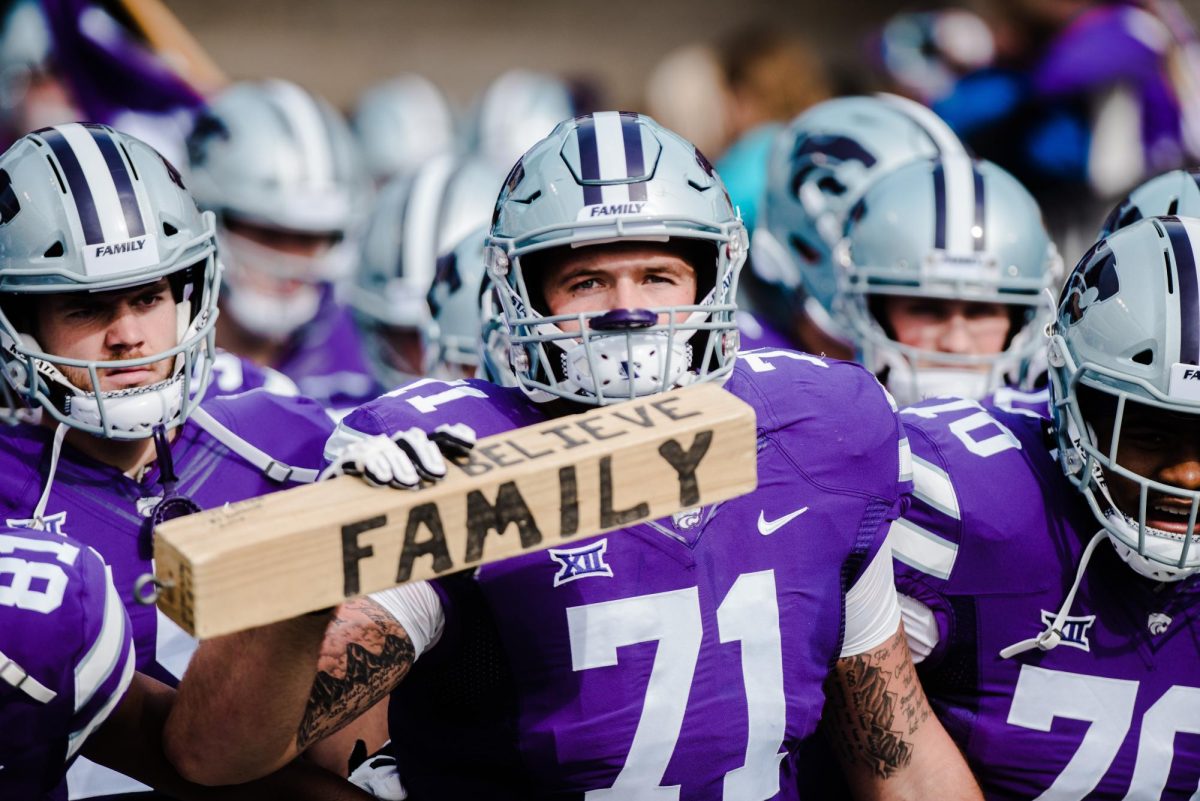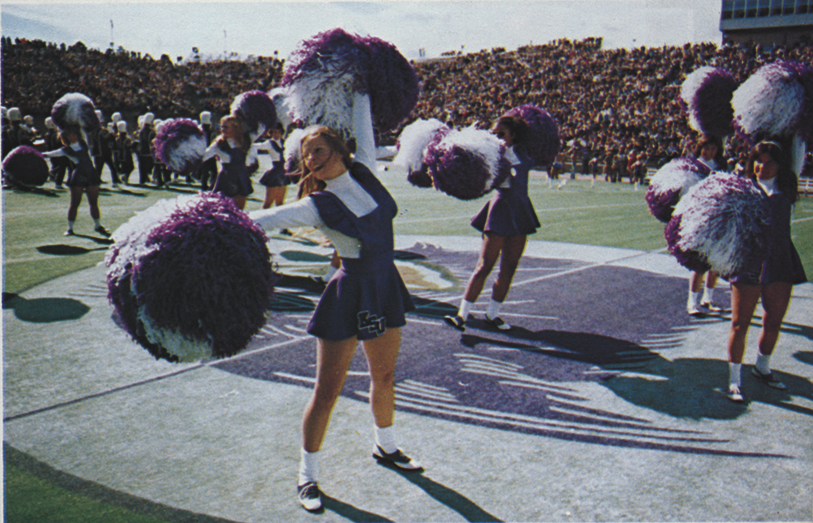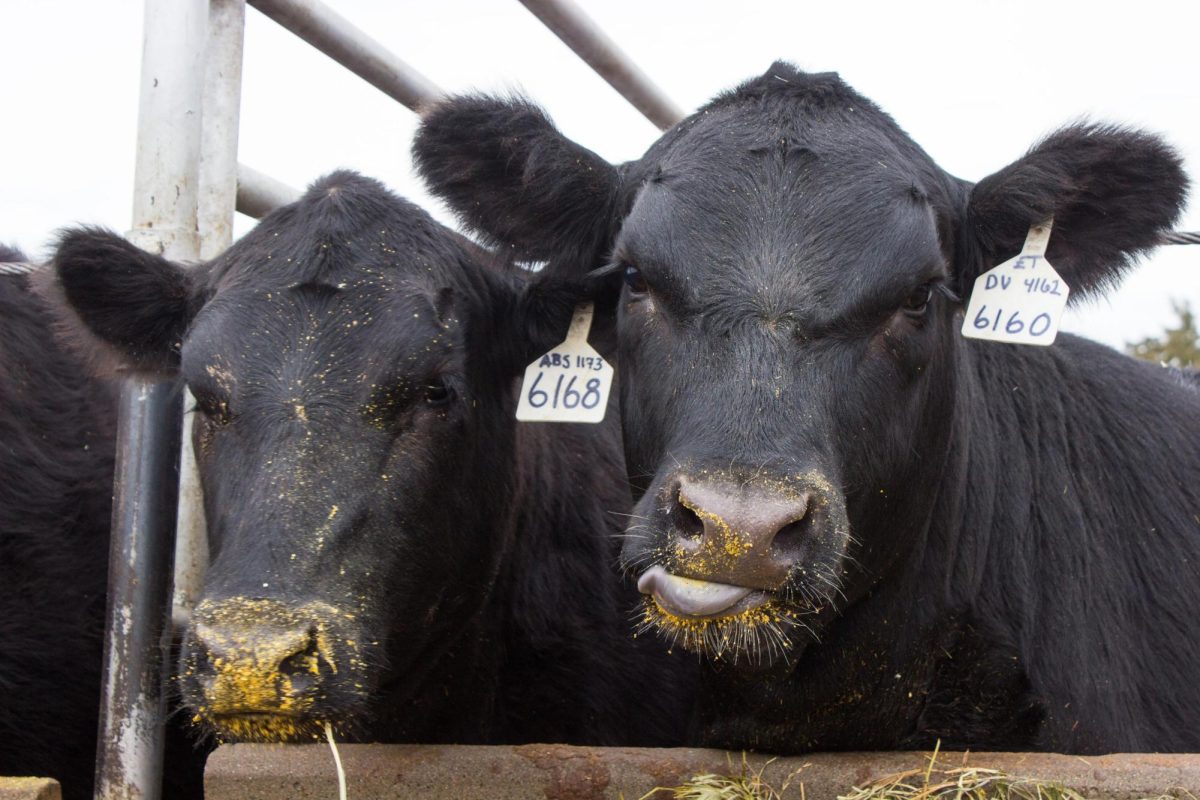Editor’s note: We had some incorrect information in the print article and original online article. Firstly, the KSVDL does not test for hand, foot and mouth disease, and some strains of avian influenza can result in the death of the bird. Secondly, we misheard Justin Smith saying “high-pass avian influenza;” he said “Highly Pathogenic Avian Influenza.” We apologize for these errors and have updated the article with these corrections.
The Kansas State Veterinary Diagnostics Lab is one of only 60 labs across the U.S. with the ability to monitor animal disease outbreaks and keep the economy safe, lab director Jamie Retallick said.
“The role of the lab, as in reference to foreign animal disease testing and outside of our normal routine work, is to help screen or respond to foreign animal diseases,” Retallick said.
Tori Smith, employee at the Biosecurity Research Institute next to the KSVDL, said most diseases she tests are bloodborne pathogens like viruses or bacteria.
“Most of it’s going to be blood testing or tissue from the affected organ or just tissue in general,” Tori Smith, senior in animal biology, said. “It’s mostly taking that and looking at it under a microscope. There’s a lot of chemical and DNA testing that goes into it as well because genetics also plays a factor in some [diseases].”
The KSVDL tests for illnesses like avian influenza that can be fatal and majorly impact agricultural production, Retallick said.
“Then the big thing is we’re trying to keep it out of commercial operations,” Retallick said. “If it gets into our commercial operations, we’re trying to minimize its spread, so it doesn’t take out or affect our industries.”
Dr. Justin Smith, animal health commissioner at the Kansas Department of Agriculture, said diseases can have a huge impact on the Kansas livestock industry.
“We rely tremendously on the ability to import and export freely in and out of our state and, frankly, in and out of the United States,” Justin Smith said. “So the ability to have a robust livestock system and to have a safe and effective food supply is relying on the fact that we don’t have these diseases within our herds.”
From domestic life to agricultural business, animals play a large role in Kansas, Tori Smith said.
“Just being more educated about the topic of specific diseases that your pet or your livestock could encounter is really important in prevention, vaccines and education,” Tori Smith said.
Retallick said the KSVDL stays prepared for disease outbreaks.
“With the National Animal Health Laboratory Network, they do exercises for us to practice,” Retallick said. “We have very good state veterinarians here in the state of Kansas — they’re called state animal health officials, or SAHOs, in the Kansas Department of Ag. They do tabletops and exercises for us to practice too.”
Justin Smith said the Kansas Department of Agriculture works hand-in-hand with KSVDL on disease prevention.
“Highly Pathogenic Avian Influenza is something that we’ve been dealing with for the last two years and Kansas has been impacted with that,” Justin Smith said. “The KSVDL has been instrumental in helping us determine whether the fluxes are truly positive or negative, but also helping us do surveillance testing that is necessary to make sure that we don’t have it incubating out there somewhere.”
Without the KSVDL, Retallick said shipping and testing blood and tissue samples would be significantly harder.
“You’re going to have to ship farther, and you’re going to have to figure out logistically how to get the samples to another lab in another state,” Retallick said. “We are part of that state lab network, and if you don’t have us as a part of that testing, it goes on to the other labs and strains the other labs.”
While the KSVDL tackles the testing and prevention, Tori Smith said she thinks it’s important to be educated about animal diseases whether you’re a cattle rancher or pet owner.
“They can’t speak to you, they can’t tell you symptoms, they can’t say anything,” Tori Smith said. “I think just learning how to prevent those diseases and being more educated and aware of what things are and how your animals can contract them is really important.”


